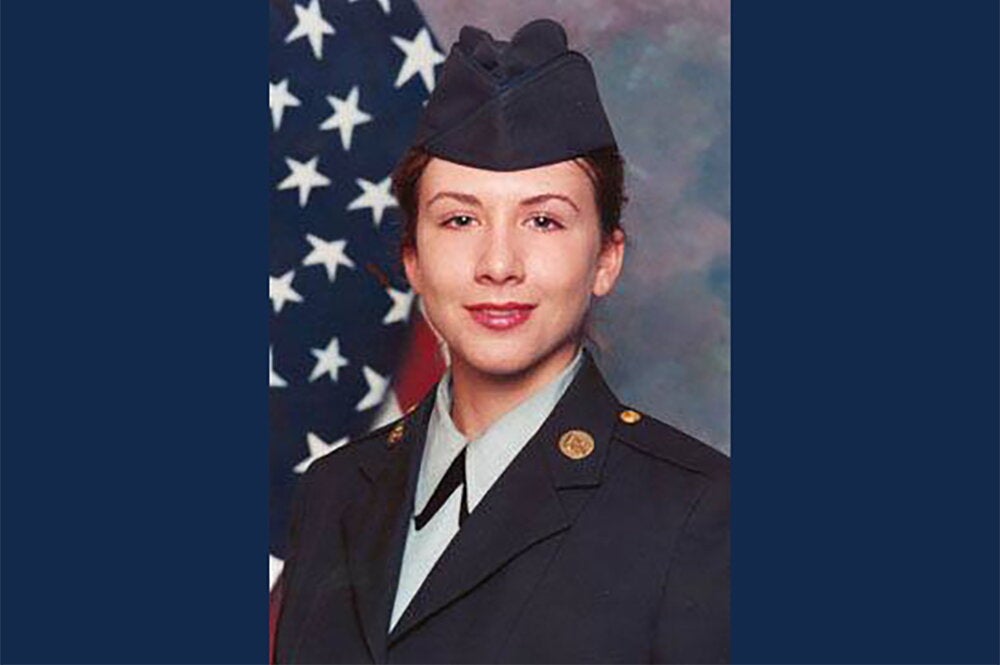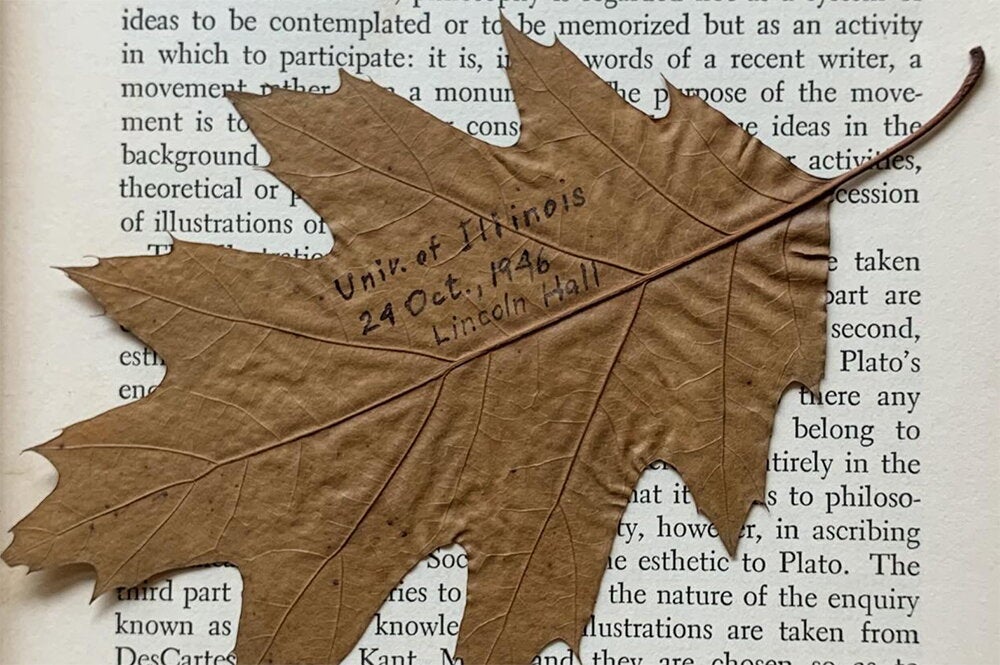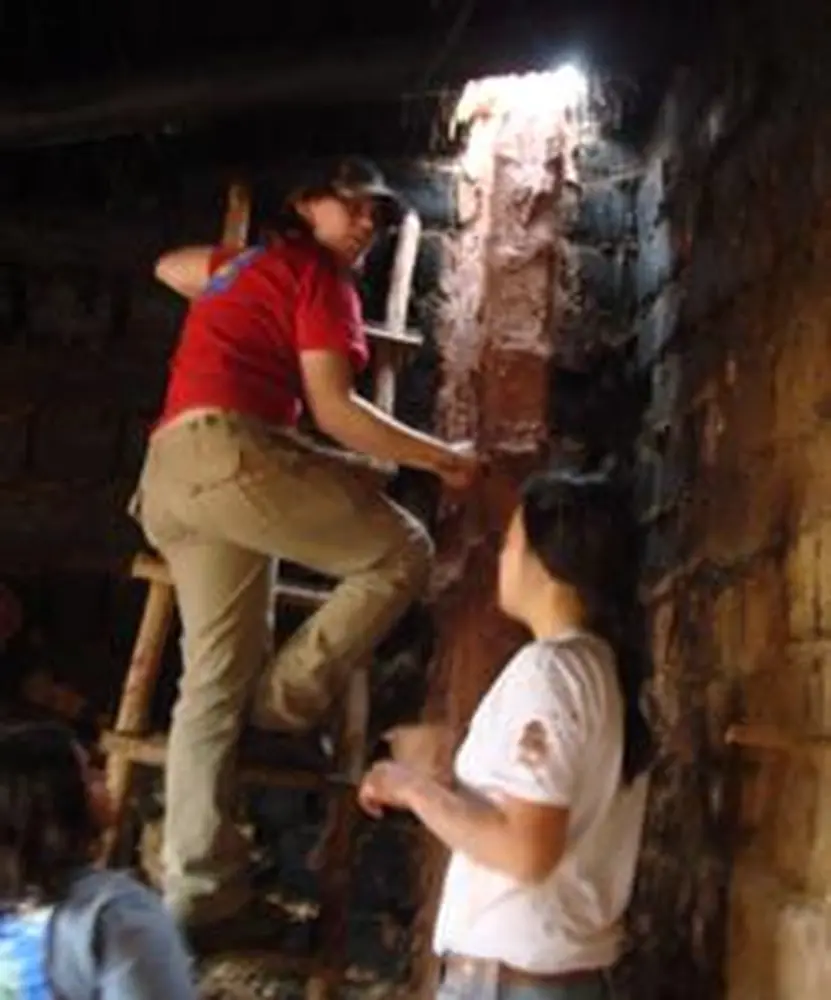
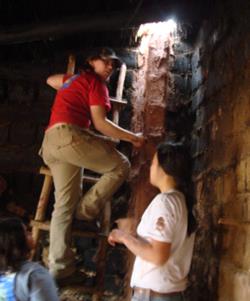
A trip abroad will open your mind to new ideas. But as one University of Illinois class found in Peru, nothing brings you to the root of distant cultures like getting some foreign soil under your fingernails.
Two dozen students spent their winter break building stoves and water filters for residents living in the Andes Mountains. For two weeks they worked in the morning and attended class in the afternoon. This example of “service learning” allowed for a deeper and more grounded understanding of Peruvian life, says Laura Hastings, adjunct professor of political science who led the Global Studies 298 seminar course.
Students came away with such a mix of lessons on Peruvian life—and international development work in general—that the course will be reoffered in 2011.
For example, students read that some families in Peru live too far away from health care facilities. Then, experiencing the distance firsthand, she says, "We have to march ourselves a mile with these huge cinder blocks to get to their little hut. We understand why there's no health care around! We feel it, we know it, we see it."
The lessons during their stay in Urubamba, Peru, went deeper than aching muscles, however. As part of a larger effort to improve life in the region, they reevaluated their own preconceptions of South American life and development work.
Despite altitude sickness, dietary differences, and language barriers, the students witnessed tidbits of South American life that they later put into context in class. They stayed with Peruvian families and accompanied them to gatherings. They made friends—one student interested in medical school befriended a doctor and even witnessed a birth. Another student taught break dancing to local youth.
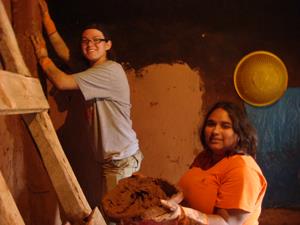
Some lessons were disheartening. The trip was long enough for students to learn that development work can be downright Sisyphean, as if they were pushing boulders up those mountains. One day, for example, they discovered that some local residents were using their new water filters to make beer.
The misuse of the filter hardly fazed junior Becky Hamman, who has seen the ups and downs of development work during previous trips to South Africa and Guatemala. She was confident, however, that despite setbacks their efforts would improve life high up in the Andes.
“I’m not disillusioned anymore. I’ve seen the realities. [Development] is not perfect,” Hamman says. “There’s good and bad stuff about it.”
She felt that their work added meaning to the trip.
“If I had just gone there with some friends, I would have probably gone to the churches, the monuments, bought a couple key chains and T-shirts, and gone back home,” Hamman says. “But realizing how it’s all interconnected and how globalization works is important.”

